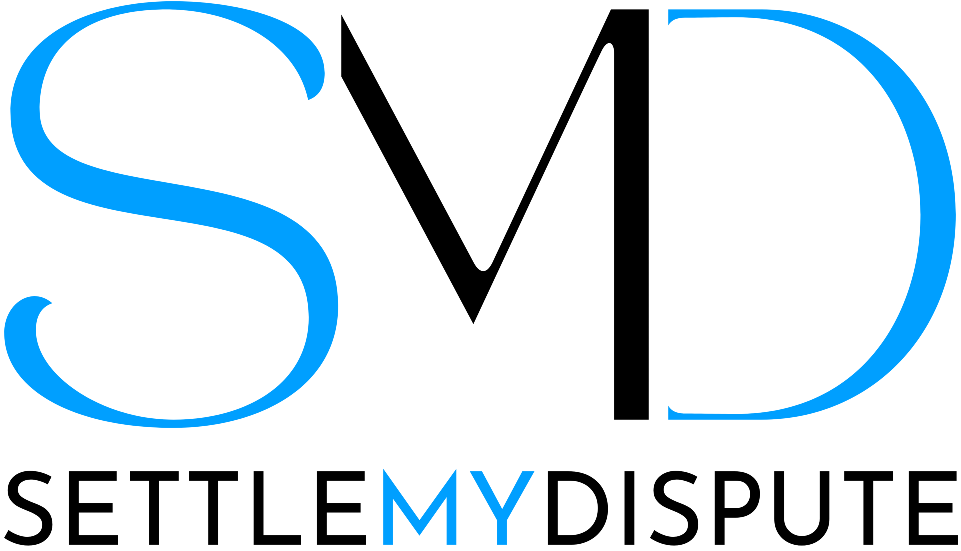FAQs
What is Mediation?
Mediation is a form of alternative dispute resolution (ADR).
It is a way of resolving disputes between two or more parties. A third party, the mediator, assists the parties in negotiating their settlement.
Mediation has a structure, timetable and dynamics that “ordinary” negotiation lacks. The process is, without prejudice, private and confidential. The presence of a mediator is the key distinguishing feature of the process.
Mediators use various techniques to open, or improve dialogue between the parties, aiming to help the parties reach an agreement on the disputed matter. The mediator must be wholly impartial and independent.
If we decide to mediate, do we have to settle?
No, the decision lies with you and the other party. The mediator aims to work with both parties throughout the process to facilitate discussions and to find a workable settlement. Parties are only bound to the agreement once they both agree in writing.
Will mediation be successful and solve my problems?
A successful mediation doesn’t necessarily mean one has reached a signed settlement by the end of the day. The parties may agree to settle at any time after the mediation day. Mediation allows them to focus on what the problem is and how to solve it. A settlement being achieved is in the hands of the parties.
Do the parties have to meet during the process?
The parties are encouraged to meet (in person or virtually) at the beginning of the day to begin the process. This is so introductions, and opening statements can be made. However, parties may not want to meet then, and adjustments can be made.
What should I expect on the day?
Every mediation is different. Most importantly, mediation is not a rigid and formal process. It is a fluid and more relaxed process to allow parties to work together to conclude issues between them.
The parties will each have their private room, which is their space for the day. The mediator will remind each party of the ground rules of the day, which is an incredibly flexible process that will differ depending on the nature of the dispute, the personalities of the parties and the number of people attending.
The mediator will spend time with the parties individually in their private rooms, understanding their position and working with the parties to try to reach a resolution. This may include playing devil's advocate and testing the strengths and weaknesses of each party’s position. The mediator will work with both parties to consider possible solutions to the problems, communicate offers to each party and help them understand what the offer means to them.
Once an agreement is reached, the parties' legal advisers will draw up an agreement reflecting the terms. If the parties are not represented, they will draw up an agreement to reflect the terms reached. The mediator is not there to draw up the agreement or advise on the legal merits of that agreement.
What paperwork will I need to prepare?
The mediator needs to know what the dispute is about. Represented parties will be advised by their legal advisors on what paperwork will need to be prepared. Generally, a short written submission will be exchanged between the parties and provided to the mediator. Each party may provide a confidential submission for the mediator’s eyes only, and any important documents can be provided in a small bundle. It is important the mediator understands the background of the case but will want to spend time with the parties personally to find out more on the day.
If you are unpresented, you can contact the mediator to discuss what paperwork you may wish to provide the mediator and the other party.
